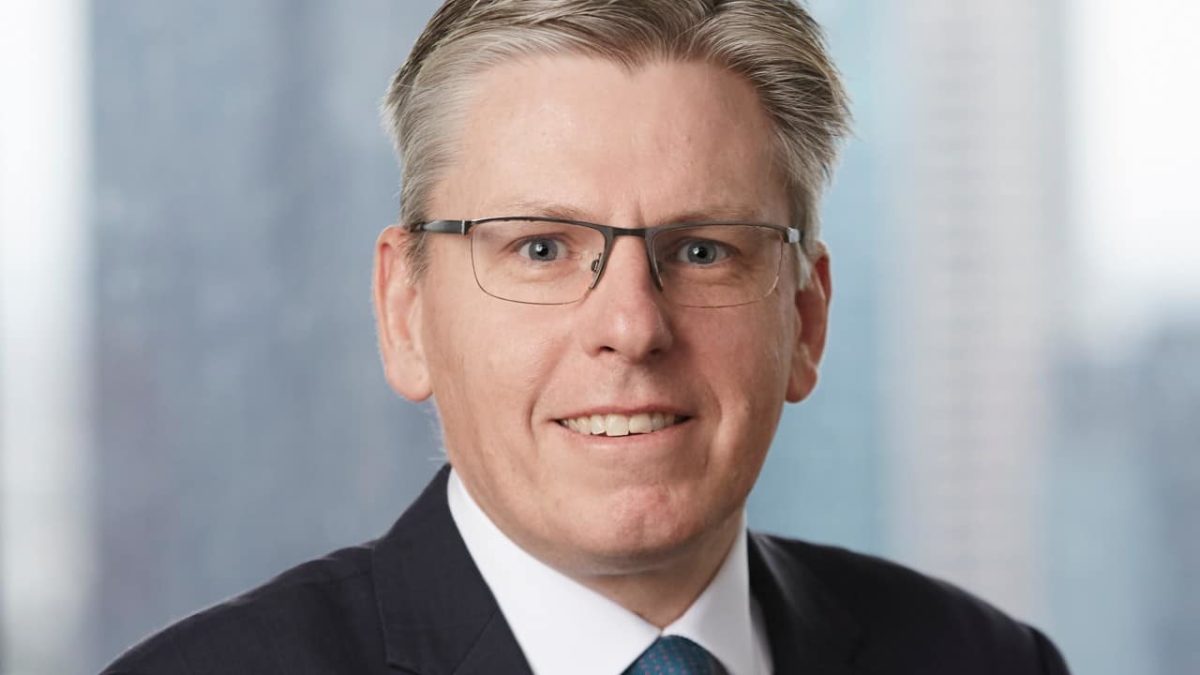Ask A Fund Manager
The Motley Fool chats with the best in the industry so that you can get an insight into how the professionals think. In this edition, SG Hiscock portfolio manager Hamish Tadgell reveals how the investment world will be completely different in the next decade compared to the last dozen years.
Investment style
The Motley Fool: How would you describe your fund to a potential client?
Hamish Tadgell: I am the portfolio manager of the SG Hiscock High Conviction fund.
The high conviction fund's a broad-cap portfolio of 15 to 30 Australian listed equities. We aim to deliver long-term capital growth and [a] growing income stream with a focus on capital preservation.
And how we do that really is through active management in identifying the best ideas and attempting to exploit market and efficiency through fundamental analysis and research and focusing on quality businesses and buying them at a sensible price.
What we mean by quality is companies that have got a strong, competitive advantage and are well managed by an engaged and motivated team. We're really trying to… look for sustainable earnings growth in those businesses. And, as I say, buying them at a margin of safety.
MF: How are you seeing the market at the moment, and where do you see it going?
HT: The last 12 months, or post-COVID, has seen a significant change in the market. A lot of it has been driven by geopolitics, I think, at the macro level at the moment. I do think that the macro investment backdrop has changed.
If you look back over the last two decades, I think there's been a globalisation driven by a reasonably happy marriage between China and the US, which delivered mutual benefit. And a happy marriage, between Russia and Germany, which has delivered mutual benefit in terms of cheap energy for [the] industrialisation of Germany. And those things have really changed in the last 12 months. We've seen a divorce in those relationships. We've seen China getting much closer to Russia and working much more closely.
With that, we've seen geopolitical unrest increase, greater volatility around trading, commodity prices, and I think a deglobalisation is starting to occur, which has clearly led to a higher inflation environment.
I think the last 10, 20 years have really been dominated by deflation in a very stable world, where you've had globalisation and low inflation. In a more volatile environment, higher geopolitical uncertainty, realignment of country relationships, we're seeing higher inflation, and we see it as the end of the deflationary environment and a shift to a higher inflationary environment. And probably a higher rate environment going forward.
Clearly, that has big implications for stock positioning, sector positioning and market valuations, and more broadly, asset returns and asset valuations.
MF: So you see the higher rates and inflation as something more permanent?
HT: Yeah. We see it as much more than just a cyclical shift.
This has been exacerbated, if you like, by COVID. But many of the things were in place prior to COVID, and we think it's more of a structural shift that's occurring, and it's going to create a different investment environment to what we've been used to over the last 10, 15 years.









